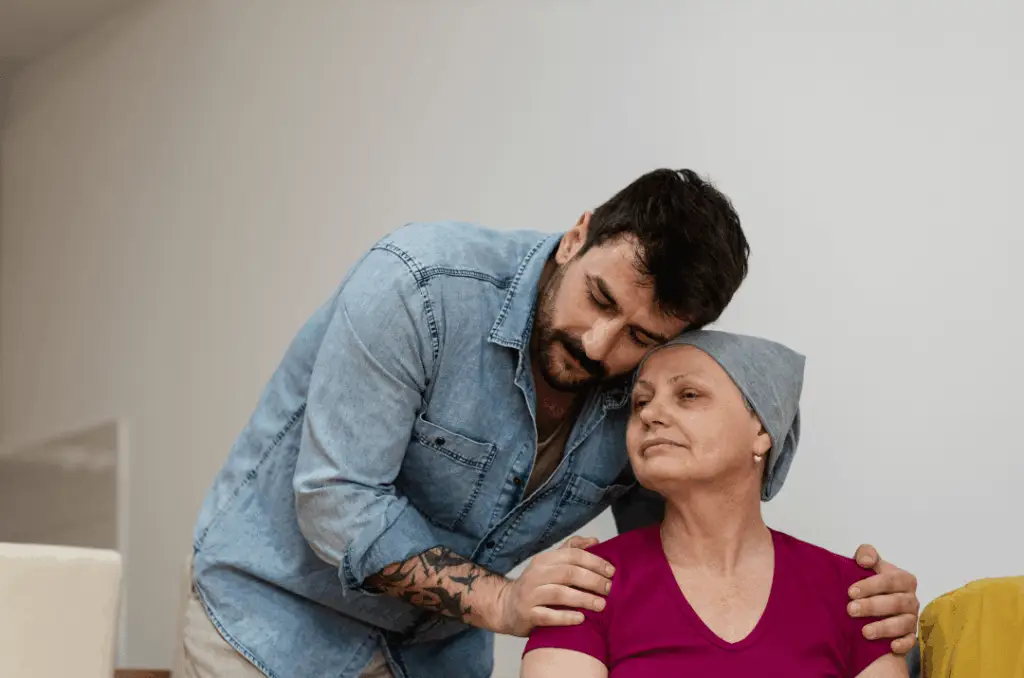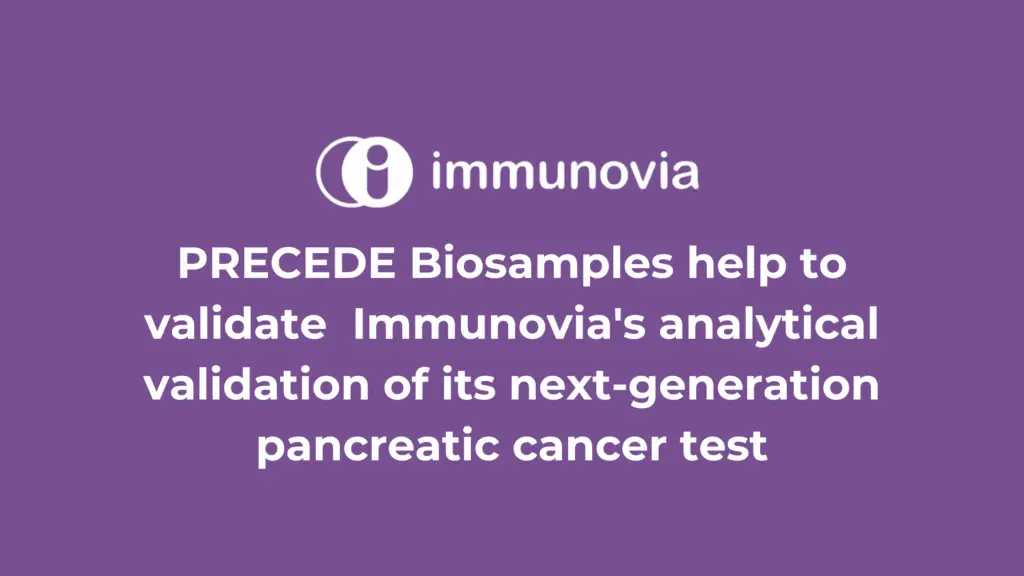Pancreatic cancer is hard to detect. It is usually not found until it is in advanced stages. There are several tests used for diagnosing pancreatic cancer. If you’re experiencing any symptoms and your doctor suspects pancreatic cancer, you may have to undergo the following:
- Imaging tests – Provide a visual study of the pancreas to detect potential abnormalities.
- Ultrasound – Uses sound waves to create a picture of the pancreas.
- Endoscopic Ultrasound (EUS) – Involves passing a thin tube through the mouth into the stomach to create images of the pancreas.
- Endoscopic Retrograde Cholangiopancreatography (ERCP) – A dye is injected into the ducts so that x-rays can show if the ducts are narrowed or if there is any blockage.
- Computed Tomography (CT) Scans – Take a series of x-rays that create a 3D view of the body taken from different angles.
- Magnetic Resonance Imaging (MRI) – It uses a strong magnetic field and radiofrequency waves.
- Positron Emission Tomography (PET) Scans – Use a small amount of radioactive sugar that is injected before the body is scanned to find cancer. The cancerous cell will light up in the images because it uses more sugar than normal cells. PET Scans may be combined with a CT scan.
- Biopsy – A tissue sample is taken during an endoscopic imaging procedure or a needle biopsy (fine-needle aspiration) so that the tissue can be examined under a microscope.
- Blood Test – The doctor may take blood samples to check:
-
- Bilirubin – Abnormal levels of bilirubin is common in people with pancreatic cancer because of a tumor blocking the bile duct.
- Carbohydrate antigen 19-9 (CA19-9) – It is a tumor marker. Elevated levels of this may indicate cancer.
Know All Your Treatment Options
Treatments for patients with pancreatic cancer will depend on several factors including the size and location of the tumor, type, stage and overall health of the patient. Treatment options include:
- Surgery
- Chemotherapy
- Radiation Therapy
- Chemoradiation Therapy
- Targeted Therapy
- Immunotherapy
The American Joint Committee on Cancer developed a standardized system of numbers and letters to describe the size and location of pancreatic cancer. Each letter and number tell you something about cancer.
- Stage 0 – Abnormal cells might become cancerous and spread to nearby tissue.
- Stage 1 – The tumor is in the pancreas.
- Stage 2 – The tumor has either spread to nearby tissues, organs or lymph nodes.
- Stage 3 – The cancer has spread outside your pancreas.
- Stage 4 – The cancer has spread to other organs or parts of the body.
How To Donate To Cancer Research?
TrovaNOW proceeds go towards collaborative research to detect pancreatic cancers earlier, saving thousands of lives from the world’s deadliest cancer. Your support keeps pancreatic cancer research going. Contributions go towards:
- Maximizing identification of high risk individuals + advance early detection research and clinical care.
- Developing and validating an early detection blood test for pancreatic cancer.
- Advancing the understanding of genetics to determine pancreatic cancer risk and development, including finding new pancreatic cancer susceptibility genes.
- Formulating and executing a strategic plan for pancreatic cancer prevention.
If you have any questions or If you want more information about how to donate to cancer research, just email us at trovanow@gmail.com or learn more at http://trovanow.com





